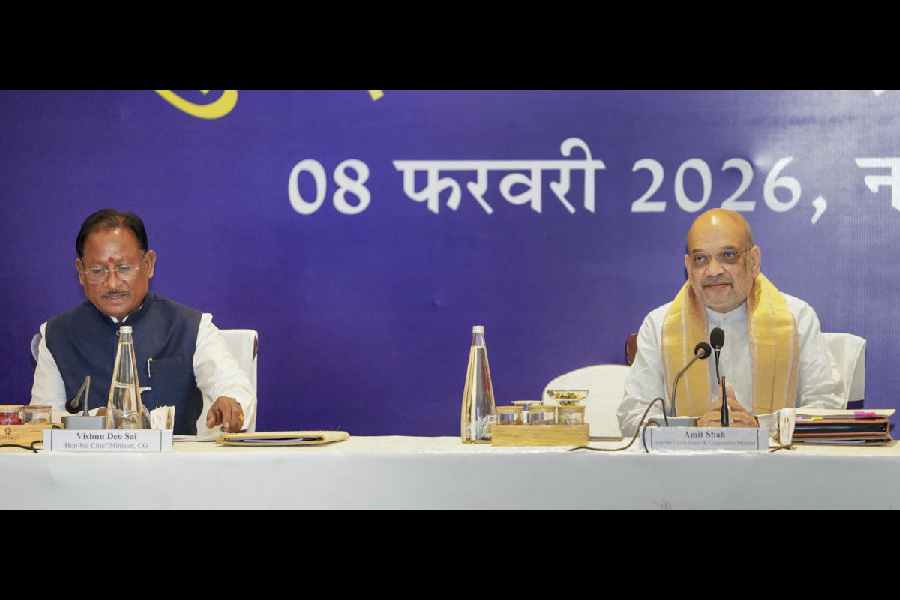Chandragupt Institute of Management Patna (CIMP) added another feather to its cap on Saturday when it became the first institute in the state to start its own Centre for Public Policy.
The institute can now provide training to government officials, IAS officers and other policy makers to hone their managerial skills.
The Indian Institute of Management-Bangalore, too, has a centre for public policy. Its Centre for Public Policy (CPP) came up in 2000 following a partnership agreement between department of personnel and training (DoPT), United Nations Development Programme (UNDP) and IIM-Bangalore.
CIMP director V. Mukunda Das said: “The opening of the centre for public policy here will help establish CIMP as a national institute as CIMP will be the first management institute in the state to set up such a centre.”
The Centre for Public Policy’s main work would be to help hone managerial skills of IAS officers and other public servants. Its faculty would train IAS officers on how to better execute works in the concerned departments and upgrade their skills.
Giving details of the work the centres would undertake, Das said: “If any health department official is attending the training programme, CIMP faculty members who have done research in the health sector would provide them information about gaps in the health sector and areas where more work is needed.”
The centre would also focus on government innovations, regulation, policy-making, administrative and organisational reform at the state, national and international level.
The Centre for Public Policy is a think tank dedicated to extensive and in-depth research on current economic, social, and political issues.
Professor G. Ramesh, chairperson of the Centre for Public Policy at IIM-Bangalore, inaugurated CIMP’s centre for public policy on Saturday.
Ramesh has been associated with teaching and academics at IIM-Bangalore for the past 11 years.
He was also actively engaged with the Centre for Public Policy at IIM-Bangalore for a long time.
CIMP has provided training to 3,000 government officials in the past.
Earlier, it had started training programmes for block education officers and district education officers in batches for the successful implementation of the right to education (RTE) in the state.
The training focused on various features of RTE and the ways to meet these challenges.










